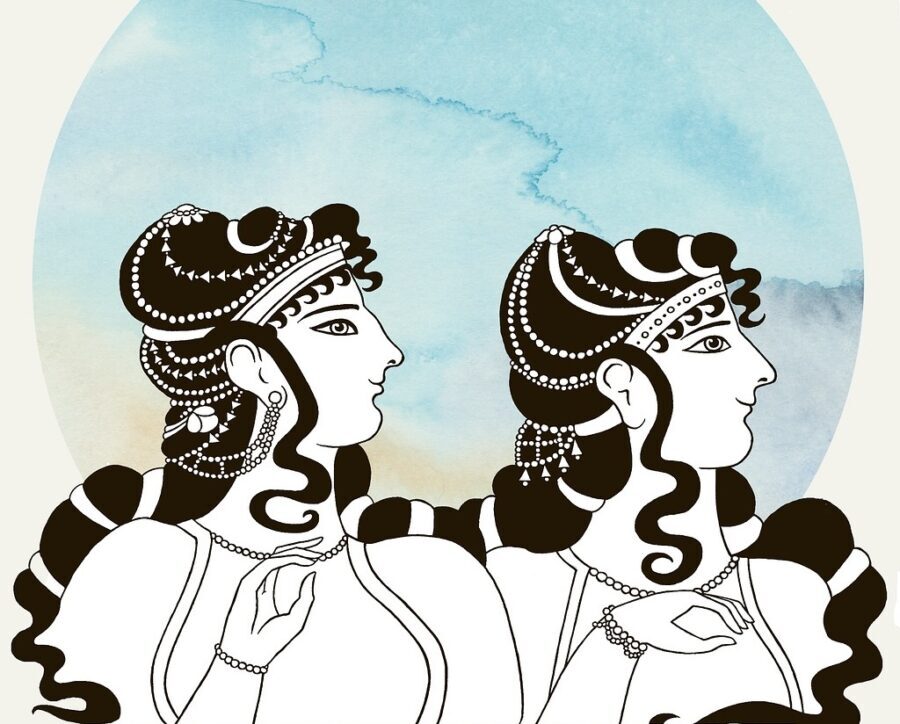
These are the arguments of a medical professor who, as global conflicts rise and democracies face growing challenges, says understanding how dominance and tribal instincts fuel division is more critical than ever.
In A New Approach to Human Social Evolution, Professor Jorge A. Colombo MD, PhD explores neuroscience, anthropology, and behavioral science to provide a new perspective on human social evolution.*
He argues that fundamental behavioral drives – such as dominance, survival instincts, and competition – are hardwired into our species and continue to shape global politics, economic inequality, and social structures today. Without a conscious effort to counteract these instincts, we risk perpetuating the cycles of power struggles, inequality, and environmental destruction that define much of human history.
“In an era marked by rising authoritarianism, economic inequality, environmental crises, and nationalism, understanding how ancient survival mechanisms continue to shape human behavior is crucial,” he explains. “With increasing polarization in politics, conflicts over resources, and the struggle for social justice, I contend that only through education and universal values can humanity transcend these instincts to foster a more sustainable and equitable society.”
Professor Colombo, who is a former Full Professor at the University of South Florida (USA) and Principal Investigator at the National Research Council (CONICET, Argentina), explains how current human behaviour evolved based on an ancient heritage of animal drives which has been progressively built and placed into practice— grounded on survival, social gain, and profit— and is compressed to our basic neural systems and basic survival behavioral construction.
_______________________________
Advertisement

TAKE A GLORIOUSLY SCENIC WALKING JOURNEY ON ANCIENT ETRUSCAN PATHS FOR THE EXPERIENCE OF A LIFETIME!
When humans shifted from prey to universal predator, it affected the organization of the human brain, he argues. However, the human species also had to contend with the notion of mortality, and so in our core neural circuits (mainly in the basal brain) survive our basal drives (reproductive, territorial, survival, feeding), basic responses (fight, flight), and the thresholds for their behavioural expression.
Over time, he explains, thanks to the brain’s plasticity, it has added a neurobiological scaffolding on top of our animal drives, allowing for the emergence of traits such as creativeness, cognitive expansion, artistic expression, progressive toolmaking, and rich verbal communication.
Nevertheless, he argues, these traits did not deactivate or suppress those ancient drives and only succeeded in diverting (camouflaging) their expression or repressing them temporarily.
He argues that humans are bound to their ancestral demands imprinted as a set of basic drives (territorialism, reproduction, survival, secure feeding sources, dominance, and cumulative behaviour), which exist in friction with our cultural drives.
“Ancient animal survival drives persist in humans, masked under various behavioural paradigms. Fight and flight remain basic behavioural principles. Even subdued under religious or mystic beliefs, aggressive and defensive behaviours emerge to defend or fight for even the most sophisticated peaceful beliefs, and events throughout humankind’s history support this evidence,” he explains.
He points to examples of dominance in politics (military oppression, propaganda, or financial repression), religion (punishing gods, esoteric menaces), and education (forms of punishment and thought process conditioning).
However, dominance exerted through political, economic, social class, or military power adds privileged structures to social construction, Colombo argues.
As a dominant species with evolved cultural and technological strategies, it has resulted in the over-exploitation of natural resources, the development of arms of massive destruction, strategies to foster massive consumerism, and political means to manipulate public opinion, which also, in turn, create poverty, deprivation, marginalization, and oppression.
He argues that without education and the promotion of universal values involving individual opportunities to evolve and protect the environment, more communities will become undernourished, impoverished, and without access to primary healthcare or adequate education for the continuous changes in the modern world.
He points to AI as an example of a growing, uneven educational gap that would reinforce socioeconomic disparity and social inequality. He argues that people should proactively create policies to work towards a viable, multicultural, equitable humanity and an ecologically sustainable planet.
“The aggressiveness, cruelties, social inequities, and unrelenting individual and socioeconomic class ambitions are the best evidence that humans must first recognize and assume their fundamental nature to change their ancestral drive,” he suggests. “Profound cultural changes are only possible and enduring if humans come to grips with their actual primary condition.”
___________________________
Article Source: Taylor & Francis Group news release
Image, Top Left: Hansuan_Fabrigas, Pixabay



